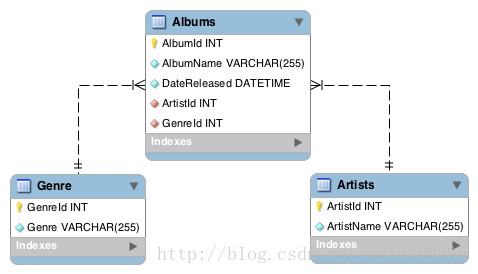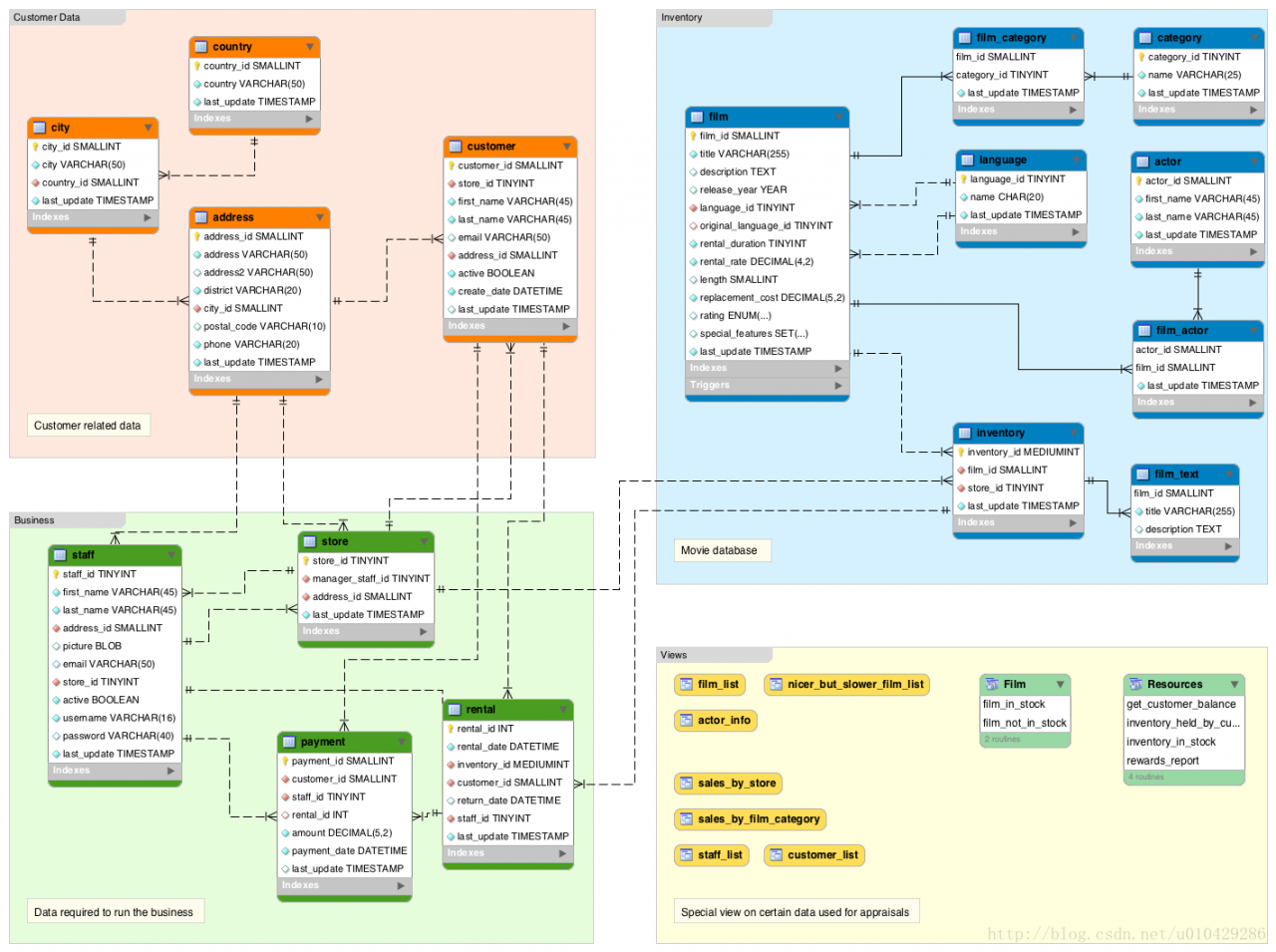Error in reverse generating entity class from database table using hibernate
14:46:04,104 ERROR org.hibernate.util.XMLHelper - Error parsing XML: XML InputStream(31) The content of element type "hibernate-reverse-engineering" must match "(schema-selection*,type-mapping?,table-filter*,table*)".
14:46:04,107 ERROR org.hibernate.cfg.reveng.OverrideRepository - Could not configure overrides from file: E:\zxworkspace\src\main\resources\reveng.xml
org.hibernate.MappingException: invalid override definition
at org.hibernate.cfg.reveng.OverrideRepository.addInputStream(OverrideRepository.java:143)
at org.hibernate.cfg.reveng.OverrideRepository.addFile(OverrideRepository.java:110)
at org.codehaus.mojo.hibernate3.configuration.JDBCComponentConfiguration.loadRevengFile(JDBCComponentConfiguration.java:86)
at org.codehaus.mojo.hibernate3.configuration.JDBCComponentConfiguration.doConfiguration(JDBCComponentConfiguration.java:40)
at org.codehaus.mojo.hibernate3.configuration.AbstractComponentConfiguration.getConfiguration(AbstractComponentConfiguration.java:56)
at org.codehaus.mojo.hibernate3.HibernateExporterMojo.configureExporter(HibernateExporterMojo.java:200)
at org.codehaus.mojo.hibernate3.exporter.Hbm2JavaGeneratorMojo.configureExporter(Hbm2JavaGeneratorMojo.java:64)
at org.codehaus.mojo.hibernate3.HibernateExporterMojo.doExecute(HibernateExporterMojo.java:273)
at org.codehaus.mojo.hibernate3.HibernateExporterMojo.execute(HibernateExporterMojo.java:152)
at org.apache.maven.plugin.DefaultBuildPluginManager.executeMojo(DefaultBuildPluginManager.java:101)
at org.apache.maven.lifecycle.internal.MojoExecutor.execute(MojoExecutor.java:209)
at org.apache.maven.lifecycle.internal.MojoExecutor.execute(MojoExecutor.java:153)
at org.apache.maven.lifecycle.internal.MojoExecutor.execute(MojoExecutor.java:145)
at org.apache.maven.lifecycle.internal.LifecycleModuleBuilder.buildProject(LifecycleModuleBuilder.java:84)
at org.apache.maven.lifecycle.internal.LifecycleModuleBuilder.buildProject(LifecycleModuleBuilder.java:59)
at org.apache.maven.lifecycle.internal.LifecycleStarter.singleThreadedBuild(LifecycleStarter.java:183)
at org.apache.maven.lifecycle.internal.LifecycleStarter.execute(LifecycleStarter.java:161)
at org.apache.maven.DefaultMaven.doExecute(DefaultMaven.java:320)
at org.apache.maven.DefaultMaven.execute(DefaultMaven.java:156)
at org.apache.maven.cli.MavenCli.execute(MavenCli.java:537)
at org.apache.maven.cli.MavenCli.doMain(MavenCli.java:196)
at org.apache.maven.cli.MavenCli.main(MavenCli.java:141)
at sun.reflect.NativeMethodAccessorImpl.invoke0(Native Method)
at sun.reflect.NativeMethodAccessorImpl.invoke(Unknown Source)
at sun.reflect.DelegatingMethodAccessorImpl.invoke(Unknown Source)
at java.lang.reflect.Method.invoke(Unknown Source)
at org.codehaus.plexus.classworlds.launcher.Launcher.launchEnhanced(Launcher.java:290)
at org.codehaus.plexus.classworlds.launcher.Launcher.launch(Launcher.java:230)
at org.codehaus.plexus.classworlds.launcher.Launcher.mainWithExitCode(Launcher.java:409)
at org.codehaus.plexus.classworlds.launcher.Launcher.main(Launcher.java:352)
Caused by: org.xml.sax.SAXParseException; lineNumber: 31; columnNumber: 33; The content of element type "hibernate-reverse-engineering" must match "(schema-selection*,type-mapping?,table-filter*,table*)".
at org.apache.xerces.util.ErrorHandlerWrapper.createSAXParseException(Unknown Source)
at org.apache.xerces.util.ErrorHandlerWrapper.error(Unknown Source)
at org.apache.xerces.impl.XMLErrorReporter.reportError(Unknown Source)
at org.apache.xerces.impl.XMLErrorReporter.reportError(Unknown Source)
at org.apache.xerces.impl.dtd.XMLDTDValidator.handleEndElement(Unknown Source)
at org.apache.xerces.impl.dtd.XMLDTDValidator.endElement(Unknown Source)
at org.apache.xerces.impl.XMLNSDocumentScannerImpl.scanEndElement(Unknown Source)
at org.apache.xerces.impl.XMLDocumentFragmentScannerImpl$FragmentContentDispatcher.dispatch(Unknown Source)
at org.apache.xerces.impl.XMLDocumentFragmentScannerImpl.scanDocument(Unknown Source)
at org.apache.xerces.parsers.XML11Configuration.parse(Unknown Source)
at org.apache.xerces.parsers.XML11Configuration.parse(Unknown Source)
at org.apache.xerces.parsers.XMLParser.parse(Unknown Source)
at org.apache.xerces.parsers.AbstractSAXParser.parse(Unknown Source)
at org.dom4j.io.SAXReader.read(SAXReader.java:465)
at org.hibernate.cfg.reveng.OverrideRepository.addInputStream(OverrideRepository.java:142)
... 29 moreMy reason for reporting an error: I used to have two classes with entity classes, and then I was still generating them. After that, I deleted the configuration of these two reverse generated classes, and only configured those that had not been generated
I didn’t confirm whether there was a problem with the class before or my configuration. I checked my configuration many times, but I didn’t find any problem. I’ll follow up if I encounter it next time.










